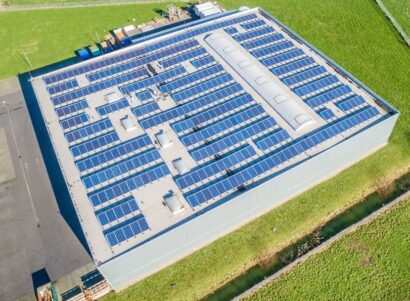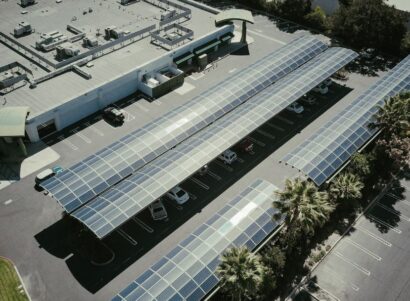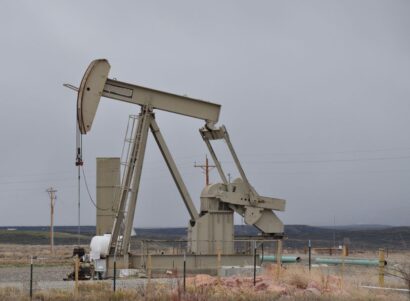Natural disasters and extreme weather events can devastate the electric grid. The annual number of billion-dollar weather and climate disasters in the U.S. has been steadily increasing since 1980, and climate change is expected to increase the frequency and severity of extreme weather events. Consideration of both current weather patterns and the changing climate is essential to increase the resilience of the electric grid, including both robustness during storms and quick recovery after outages. A suite of strategies and tools, including grid hardening to physically strengthen the grid, smart grid management and control technologies, and resource diversification can contribute substantially to increased grid resilience.

 Science Summary
Science Summary






